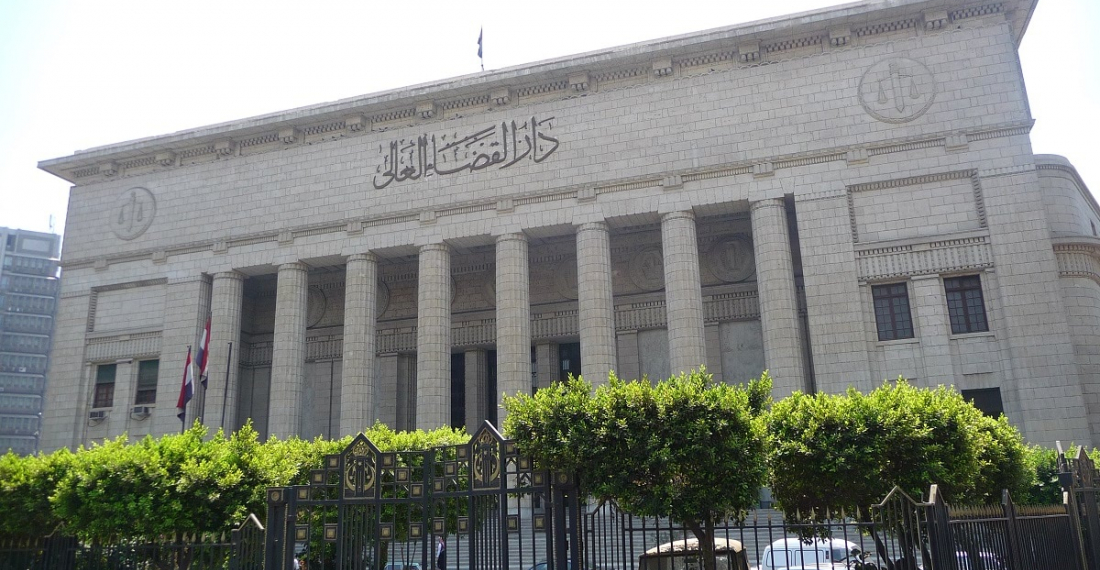The spokesperson for the Egyptian presidency said that the Supreme Judicial Council has decided to start involving women in the State Council and the Public Prosecutor's Office from 1 October 2021. The State Council is a judicial authority that examines administrative disputes and disciplinary cases involving public authorities. The step was seen as historic among Egyptians as women have so far participated in neither of the bodies.
The decision to allow women's participation contributes to full equality between men and women in the assumption of positions in all jurisdictions and bodies, as well as to achieve income equality between counterparts.
The Council also decided to consider 1 October of each year as the day of the Egyptian judiciary. It also approved the establishment of the City of Justice in the New Administrative Capital, located East of Cairo, to enhance the work of the judicial bodies.
Maya Morsy, the President of the National Council of Women, praised the announcement.
"The day of celebration of the Egyptian judiciary on October 1st of each year means a lot to Egyptian women...Generations and generations of men and women will remember that this day was a historic step for Egyptian women in their golden age, a step that will be achieved thanks to political will."







